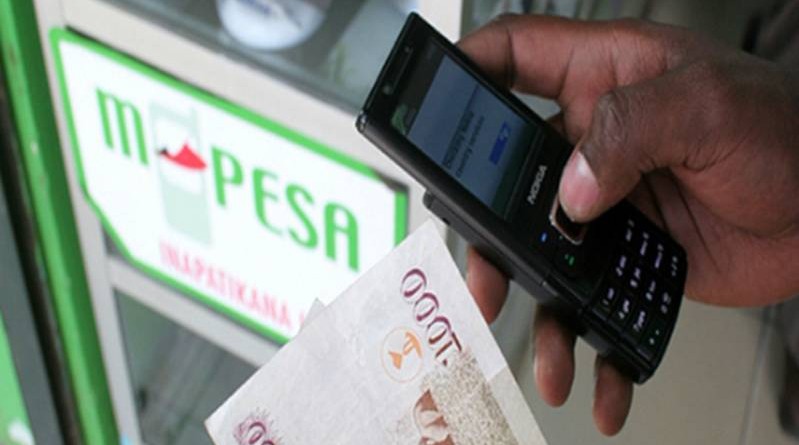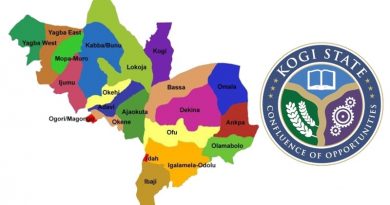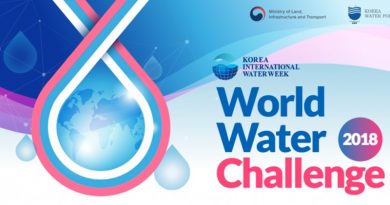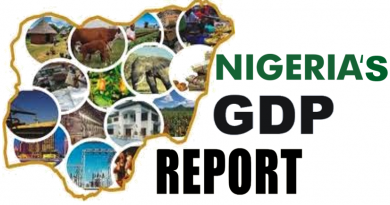Mobile money interoperability goes live in Kenya
It’s about eleven years since mobile money started in Kenya. The technology has been seen as a disruptive innovation that threatens incumbent businesses as well as sparking new businesses and entrepreneurship and now, a new dawn is rising – that of mobile money interoperability.
The same way you can call people on any network in Kenya seamlessly, mobile money users can now send money across mobile networks seamlessly. This week, the service between Safaricom and Telkom went live. This came as the country’s main telcos come together to roll out mobile money transfer interoperability that commenced in March this year. Kenya is not the first African country to adopt this mobile money technology. The service was rolled in Ghana in May after missing about three initial timelines for the implementation of the policy. In 2017, IFC, a member of the World Bank Group also launched a consumer education campaign to raise awareness about interoperable mobile money services that help to promote financial inclusion in Tanzania. Telcos in Rwanda have also recently been trying to seek mobile money interoperability approval from the relevant regulator in the country.
This week, African startups have also been securing a spot to represent their respective countries. Agritech startup Bandim Online won the Guinea Bissau round of Seedstars World. In Mozambique integrated opinion platform Wenadata won the competition. The two startups will join other startups from across Africa to represent the countries at the Seedstars Summit in Switzerland to compete for up to USD one million in equity investment and other prizes. We have covered previous winners here including Labes Key, an Ed-tech startup from DRC, SUDPAY, which won the Senegal round, Agri-tech startup Agro Supply from Uganda among others.
Facebook also made some new announcements this week regarding its efforts in fighting fake news in Africa. The social media giant partnered with Africa Check; Africa’s first independent fact-checking organisation and AFP, to launch its first Africa Fact-Checking programme in Kenya. This was not the first news that has come from Facebook in recent weeks. Last month, it also partnered with the Internet Society to expand internet connectivity across Africa. Six Kenyans were also among the 116 people worldwide who were last month selected by the company to join the Facebook Community Leadership Program.
A number of appointments and partnerships between technology companies were also announced this week. Oracle announced the appointment of Andrew Sordam as Vice President for sub-Saharan Africa with immediate effect. Noble Systems Corporation also named Les Forsman as the Country Manager for South Africa. Still, in South Africa, IT company Global Voice Group appointed of Mr James Gabriel Claude as the new Chief Executive Officer of the company while Mr Hendrik KASTEEL was named the Chief Executive Officer of MTN Cameroon, effective 17 September 2018.MultiChoice appointment Nkateko Mabaso as the CEO of M-Net in Sub-Saharan Africa. He succeeds Yolisa Phahle who has stepped into the role of CEO of General Entertainment for the Video Entertainment segment.
On matters partnerships, Amref Health Africa and technology solutions firm Advanced IT Solutions (AISL) signed a Memorandum of Understanding (MOU) to scale up blood availability in hospitals through a Blood Services Information Management System dubbed Damu – Sasa. Telecom Egypt signed an agreement with Bharti Airtel to grant Airtel IRUs (Indefeasible Right of Use) on the Middle East North Africa Submarine Cable “MENA Cable” and TE-North Cable Systems. Kenya telecommunication company Safaricom partnered with the Kenya Alliance of Residents Association to increase security in member estates with pilot surveillance project launched in Ngei Estate phase 2, Langata.
This week also saw a number of companies also expanded their operations on the continent. AfriLabs, the largest network of technology and innovation hubs across Africa admitted 23 new hubs into its network making it a total of 123 hubs across 34 African countries. This came just a few months after the hub admitted 40 new hubs extending its reach to 6 new countries; Morocco, Algeria, Somali Land, Cote D’Ivoire, Angola and Mali. In July, the company also partnered with Liquid Telecom to explore new ways to support local start-ups and promote sustainable innovation across Africa. Remember Liquid Telecom also this week also announced that it is supporting young entrepreneurs at the Westerwelle Startup Haus Kigali through its high-speed internet and cloud-based services.
Cab hailing service Taxify this week also announced a new feature that will allow customers to get estimates for the rides, fares and duration through Google Map. This came just weeks after the company unveiled another feature to enable its drivers to maximize their daily earning potential.
In Tanzania, Trend Solar, the country’s PAYGO off-grid energy provider introduced a 4G Smartphone supplied with its solar home kits; a world first while Ampersand, an electric vehicle company announced plans to begin trials of its electric motorcycle taxi services in Rwanda.




